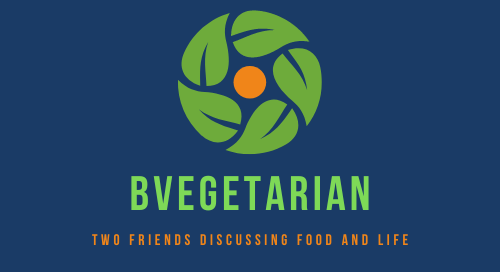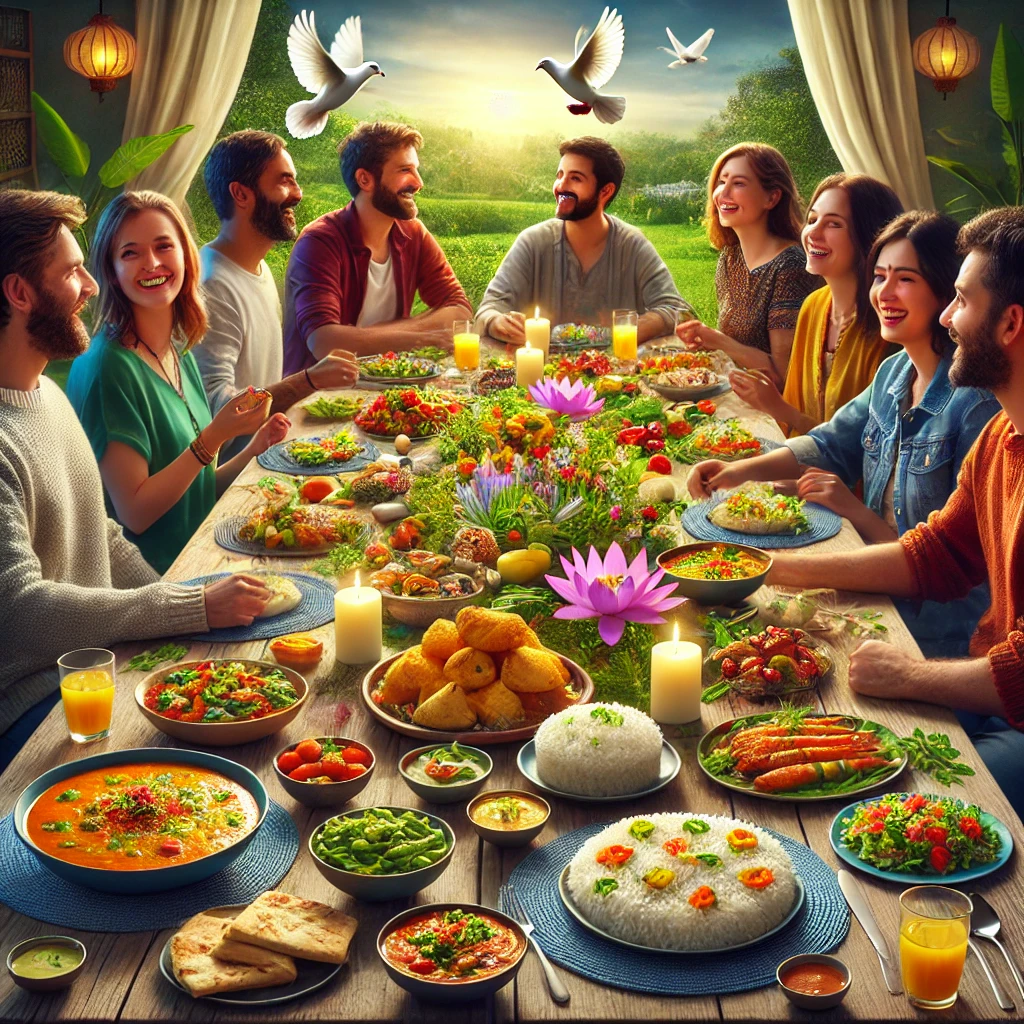When choosing your diet, you might consider vegetarianism or veganism. What are the differences? Think about your motivation, health concerns, practicality, and long-term adherence. Sustainability is key to any plan’s success. Starting a plant-based diet while frequenting steak houses will be challenging. Educate yourself and plan ahead. Prepare meals at home and shop over the weekend to reduce weekday stress. Consider your intent, motivation, tastes, and ability to prepare meals for yourself and your family. If you have grown used to eating meat and animal products at every meal, it would be challenging to change to an exclusive vegetarian diet. To make things easier, give yourself time to adapt. Start with one meal a day or one day of vegetarian meals a week. Adapt your taste buds. Adapt your digestive system. When you are visiting a restaurant, check the menu beforehand. One of the best vegan meals I had was a lion’s mane burger at Sawmill Run Restaurant at Summerhaven, AZ. My wife and I will still talk about it a year later! Once you have made a full transition, it will not be challenging at all and in fact become liberating! Below are several factors that distinguish these two lifestyles.
11 Differences Between Vegetarianism and Veganism
- Flexibility: Vegetarians have a wider range of food options compared to vegans who eliminate all animal products. In a vegetarian diet, you have flexibility. You can potentially eat a greater variety of food that is possible in veganism. Everything that is in veganism can be eaten in vegetarianism but once you are vegan, not all vegetarian foods are we can. In different cultures vegetarianism and veganism imply different food groups. For example, certain authorities of veganism will tell you that sugar is not vegan. Vegetarianism offers more flexibility than veganism. Vegetarians can consume dairy, eggs, honey, and other animal-derived products, whereas vegans avoid all animal products.
- Health Benefits: Both diets can provide health benefits, but vegan diets often lead to lower cholesterol levels and reduced risk of heart disease due to the absence of animal fats and protein. Long-term vegan diet may deprive you of adequate protein intake. Both diets may involve high intake of refined carbohydrates, which can prevent the reduction of cardiovascular risk. There is also data suggesting that both long-term vegetarian and vegan lifestyle may reduce the risk of cancers.
- Nutritional Considerations: Vegans need to be more mindful of their nutrient intake, ensuring they get enough vitamin B12, iron, calcium, and omega-3 fatty acids from plant-based sources or supplements. Many vegetarians and vegans do they expect repercussion and supplementing the diet with the these supplements. Of note, fish derived omega-3 fatty acids may not be acceptable in vegan diet and these individuals may look at algae-based supplements.
- Environmental Impact: Veganism generally has a lower environmental footprint as it avoids the livestock industry, which is a major contributor to greenhouse gases and deforestation. For some individuals, this is an important aspect of veganism as they are focused on reducing the harm that they inflict on environment and society as a whole.
- Ethical Concerns: Vegans adhere to stricter ethical guidelines by not consuming any products that contribute to animal exploitation or suffering. I think this is a very noble cause as the suffering of animals in commercial feedlots will dissuade majority of people from eating these animals again.
- Social Acceptance: Vegetarianism is more socially accepted and easier to accommodate in various dining situations compared to veganism. Certain diet traditions. For example, from subcontinental India, it is easier to get vegetarian diet and vegan diet. Culinary Traditions from India is well suited for vegetarians and is not uncommon at all to have restaurants which serve only vegetarian foods.
- Food Variety: Vegetarians can enjoy a greater variety of foods, including traditional dishes that incorporate dairy or eggs, whereas vegans rely on plant-based alternatives. Lately, a crop of products has come to the market which provide vegans and vegetarians options of plant-based meat substitutes. Some of them are actually very good and delicious. I have tried a few of them and they are excellent.
- Cooking and Baking: Vegan recipes often require creative substitutes for eggs and dairy, which can be challenging but also fun for those who enjoy experimenting in the kitchen. I have personally tried to view, we can baked products and honestly couldn’t tell the difference.
- Cost: Vegan diets can be more expensive due to the need for specialty foods and supplements, although this varies depending on location and availability of products.
- Convenience: Vegetarianism is generally more convenient, with more readily available options in restaurants, grocery stores, and social gatherings.
- Lifestyle Commitment: Veganism often extends beyond diet into lifestyle choices, such as avoiding leather, wool, and other animal-derived materials in clothing and products.
The decision between vegetarianism and veganism depends on personal values, health goals, and lifestyle preferences. Both diets offer unique benefits and challenges, and understanding these differences can help individuals make informed choices that align with their principles and needs. Whichever option you choose, definitely examine your intent and feasibility for long term success.


